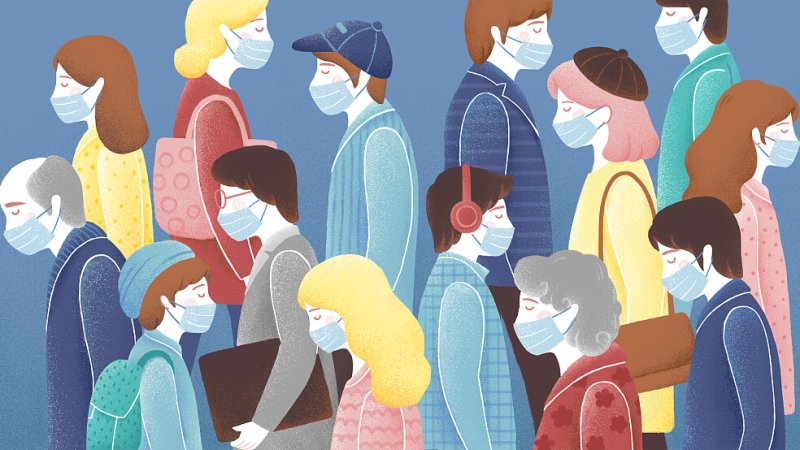People seem pretty confused about herd immunity. What exactly does it mean and can it be used to combat COVID-19?
Herd immunity, also called community or population immunity, refers to the point at which enough people are sufficiently resistant to a disease that an infectious agent is unlikely to spread from person to person. As a result, the whole community — including those who don’t have immunity — becomes protected.
People generally gain immunity in one of two ways: vaccination or infection. For most diseases in recent history — from smallpox and polio to diphtheria and rubella —vaccines have been the route to herd immunity. For the most highly contagious diseases, like measles, about 94% of the population needs to be immunized to achieve that level of protection. For COVID-19, scientists estimate the percentage falls between 50% to 70%.
A new, large study found fewer than 1 in 10 Americans have antibodies to SARS-CoV-2, the virus that causes COVID-19. Even in the hardest-hit areas, like New York City, estimates of immunity among residents are about 25%.
To reach 50% to 70% immunity would mean about four times as many people getting infected and an “incredible number of deaths,” said Josh Michaud, associate director of global health policy at KFF. Even those who survive could suffer severe consequences to their heart, brain and other organs…
“It’s not a strategy to pursue unless your goal is to pursue suffering and death,” Michaud said.































